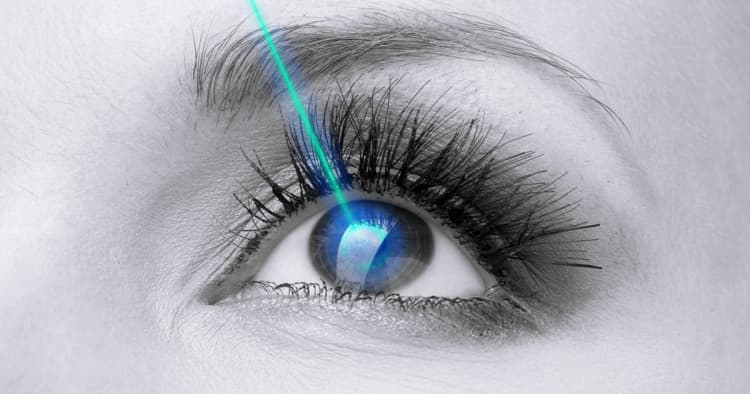Hi Mei
What you describe seems to be a fairly common issue among contact lens wearers, who wear the lenses for many hours in a day. It is due to a combination of dryness and some degree of reduced oxygen to the corneal surface, as well as occasionally irritation from lens solutions.
As you mention, it can lead to inconsistent spectacle power measurements, eye discomfort, and visual blurring.
Having said that, it usually recovers when contact lens wear is stopped. The time it takes to recover depends a lot on how severe it was at the beginning, and when it has recovered refractive surgery such as LASIK can still give good results.
So the question in your case really is-has your eye recovered? Your ophthalmologist thinks so.
It is important to realise that the only way to assess whether you have recovered and are suitable for LASIK is to examine your eyes in the clinic with suitable instruments. Therefore, we cannot answer the question as to whether LASIK is suitable for you currently, over the internet. You have to go with advice from a doctor who has examined your eyes thoroughly.
I agree with Dr Chan, in that you should raise your concerns with your ophthalmologist, as to whether your eyes have fully healed. Otherwise, if you still feel unease, then a second opinion with a consult with another doctor may be necessary for reassurance.


